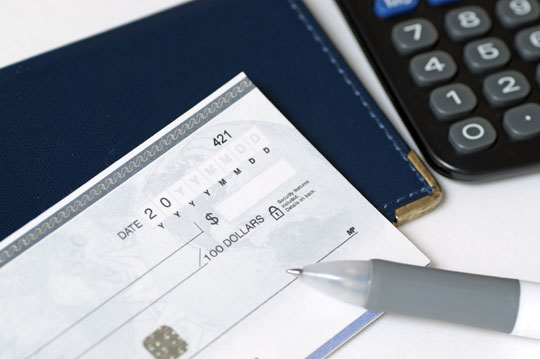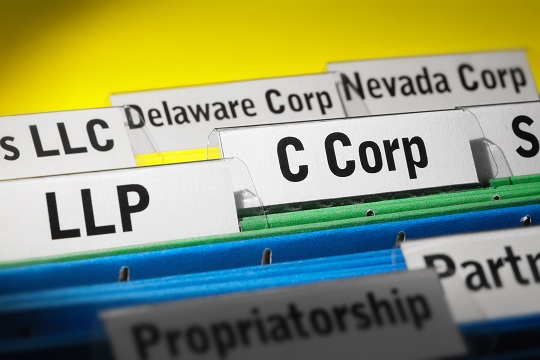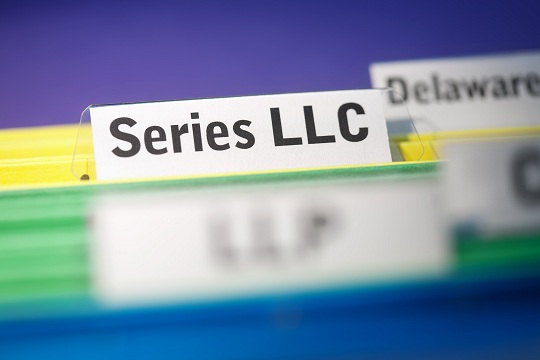A lot of folks find themselves wondering, “How often do I need to balance my checkbook?” This can be a difficult question to answer because many factors determine how often you need to tend to this basic financial chore.
This question is also difficult to answer because everyone’s check-writing habits are different. The following tips and hints can be useful in helping you to determine how sporadically you should be balancing your checkbook.
How Frequently Do You Write Checks?
Ask yourself how often you write out checks. If you are someone who has to write a lot of checks on a regular basis, you will need to balance your checkbook every day or every other day. It is easy to lose track of your account balance if you do not balance your checkbook on a regular basis.
For Those That Write Few Checks
Determine the amounts that you write checks for. If you write a few checks for larger amounts, you may have an easier time keeping track of your account balance and may not need to stress about balancing your checkbook.
The Importance of Keeping Up With Your Checkbook
You should at least balance your checkbook once a week no matter how often you write checks or how much they are for. You do not want to face fees and penalties because you forgot to balance your checkbook.
When it all boils down to it, the question “How often do I need to balance my checkbook?” really can only be answered on an individual basis. It can be different for everyone. One thing that is certain is you should always be aware of how much money is in your checking account. Paying overdraft charges can quickly deplete your funds.
These charges can add up to a large amount quickly. If you do not feel that you have the time to balance your checkbook, count on TalkLocal to connect you with accountants and other professionals that can lend a helping hand.














